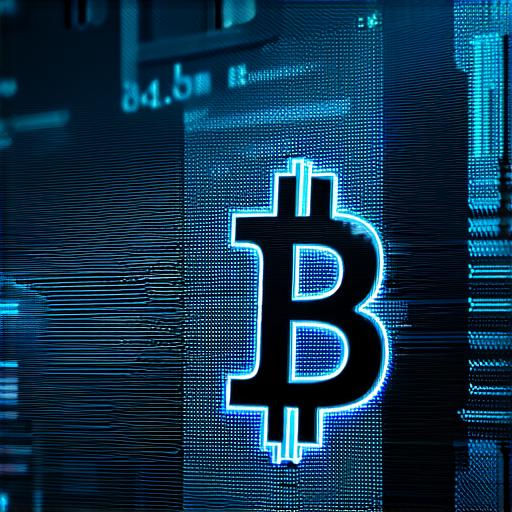Introduction
The rise of cryptocurrencies as an alternative form of currency and investment has sparked interest among individuals, businesses, and investors alike. However, one question that often arises is whether it is possible to exchange cryptocurrency for cash.
Peer-to-Peer Transactions
Peer-to-peer (P2P) transactions involve direct transactions between individuals without the use of intermediaries such as banks or centralized exchanges. In P2P cryptocurrency trading, individuals can buy and sell cryptocurrencies using a variety of payment methods, including bank transfers, credit/debit card payments, and cash deposits.
One popular platform for P2P cryptocurrency trading is LocalBitcoins, which allows users to connect with other buyers and sellers in their local area and complete transactions offline. Another option is Bitcoindirect, which offers a platform for exchanging Bitcoin and Ethereum using cash deposits and withdrawals.
While P2P cryptocurrency trading can be convenient and accessible, it does come with some risks. There is no guarantee of the authenticity or reliability of the individuals with whom you are trading, and transactions may not always be completed successfully. Additionally, P2P platforms may charge higher fees than centralized exchanges.
Centralized Exchanges
Centralized cryptocurrency exchanges (CEXs) are online platforms that facilitate the buying, selling, and trading of cryptocurrencies. These exchanges act as intermediaries between buyers and sellers, allowing transactions to be completed quickly and easily.
Some popular CEXs include Coinbase, Binance, and Kraken. These exchanges typically require users to verify their identity and complete a Know Your Customer (KYC) process before they can begin trading. Additionally, CEXs may charge higher fees than P2P platforms for transactions, but these fees are generally lower than the fees charged by OTC traders.
One potential drawback of using a CEX is that it is a centralized platform, which means that all transactions are recorded on a public ledger. This can make it more difficult to maintain anonymity and privacy when trading cryptocurrencies. Additionally, CEXs are subject to regulatory restrictions in many countries, which may limit their availability or increase the risk of legal issues.
Over-the-Counter Trading
Over-the-counter (OTC) trading involves large-scale transactions that occur outside of public exchanges. OTC traders typically work directly with each other to complete transactions, using a variety of payment methods including cash deposits and wire transfers.
OTC trading is often used by institutional investors and high net worth individuals who require larger amounts of cryptocurrency than can be purchased through traditional CEXs or P2P platforms. OTC trading can be more private and secure than traditional CEXs, as transactions are not recorded on public ledgers.
However, OTC trading can also be riskier than traditional CEXs, as it involves larger amounts of money and requires significant resources to execute. Additionally, OTC trades may be subject to higher fees and less liquidity than transactions completed on centralized exchanges.
Real-Life Examples
One notable example of a successful cryptocurrency-for-cash exchange is BitPesa, a Kenya-based platform that allows users to buy and sell cryptocurrencies using local currencies such as the Kenyan shilling and Tanzanian shilling. BitPesa has partnered with over 100,000 merchants in East Africa, allowing users to purchase goods and services using cryptocurrency.
Another successful example is Coinbase, which has been at the forefront of the cryptocurrency industry since its launch in 2012. Coinbase allows users to buy, sell, and trade a variety of cryptocurrencies, as well as use its platform for OTC trading and institutional services.
FAQs
Q: Is it safe to exchange cryptocurrency for cash?

A: While there are risks associated with any form of investment or financial transaction, using reputable platforms such as centralized exchanges and OTC traders can help mitigate these risks. Additionally, it is important to always verify the identity and reliability of individuals with whom you are trading.
